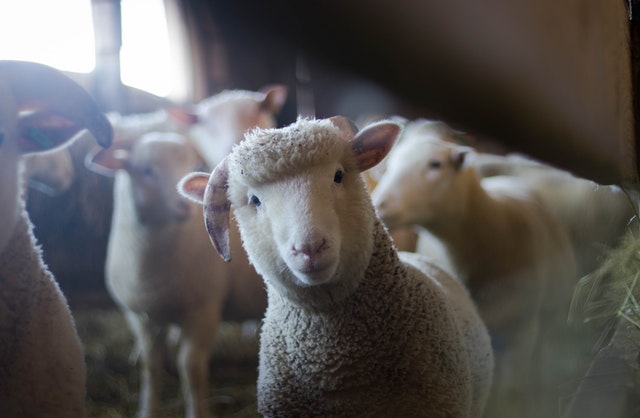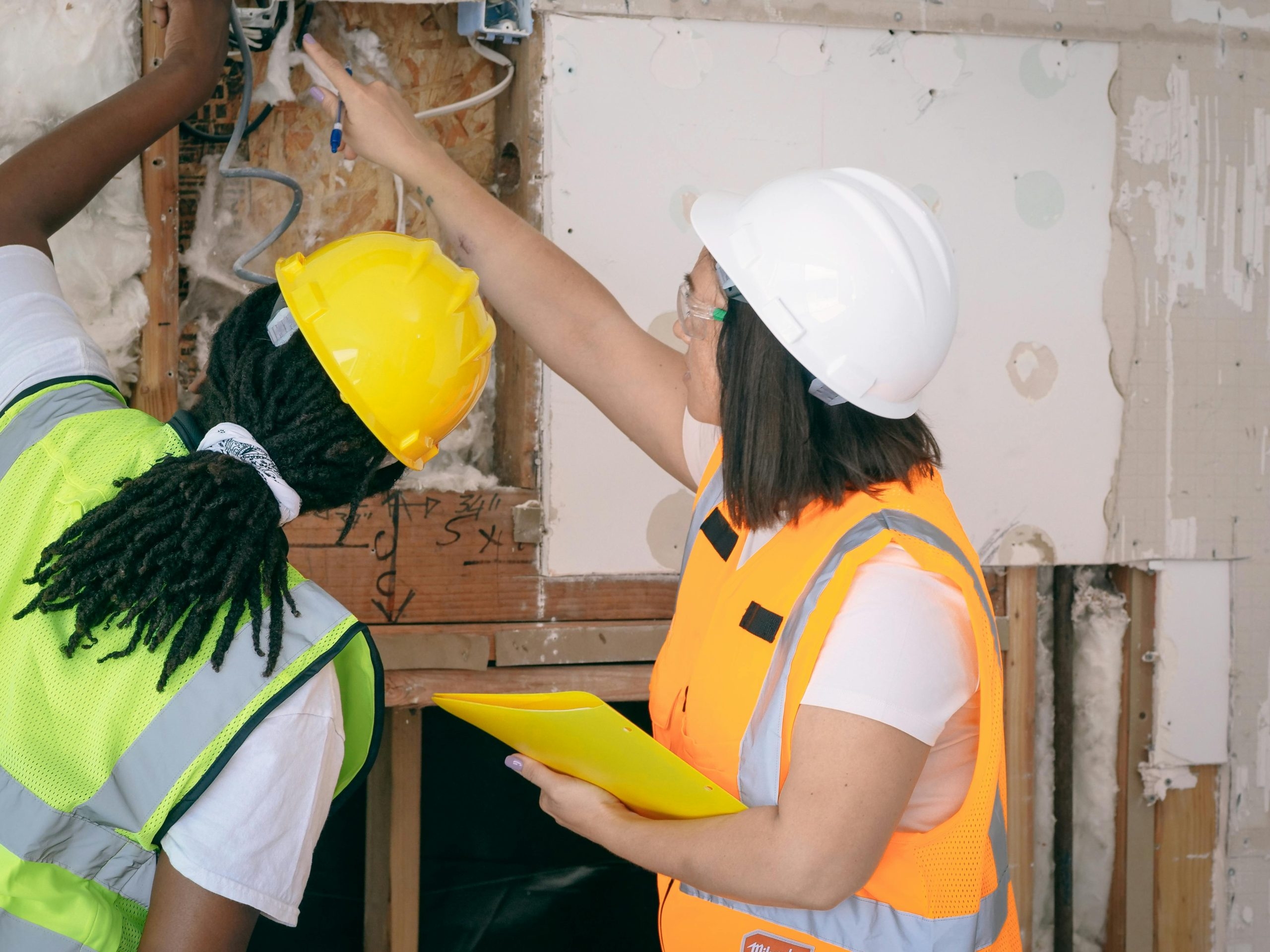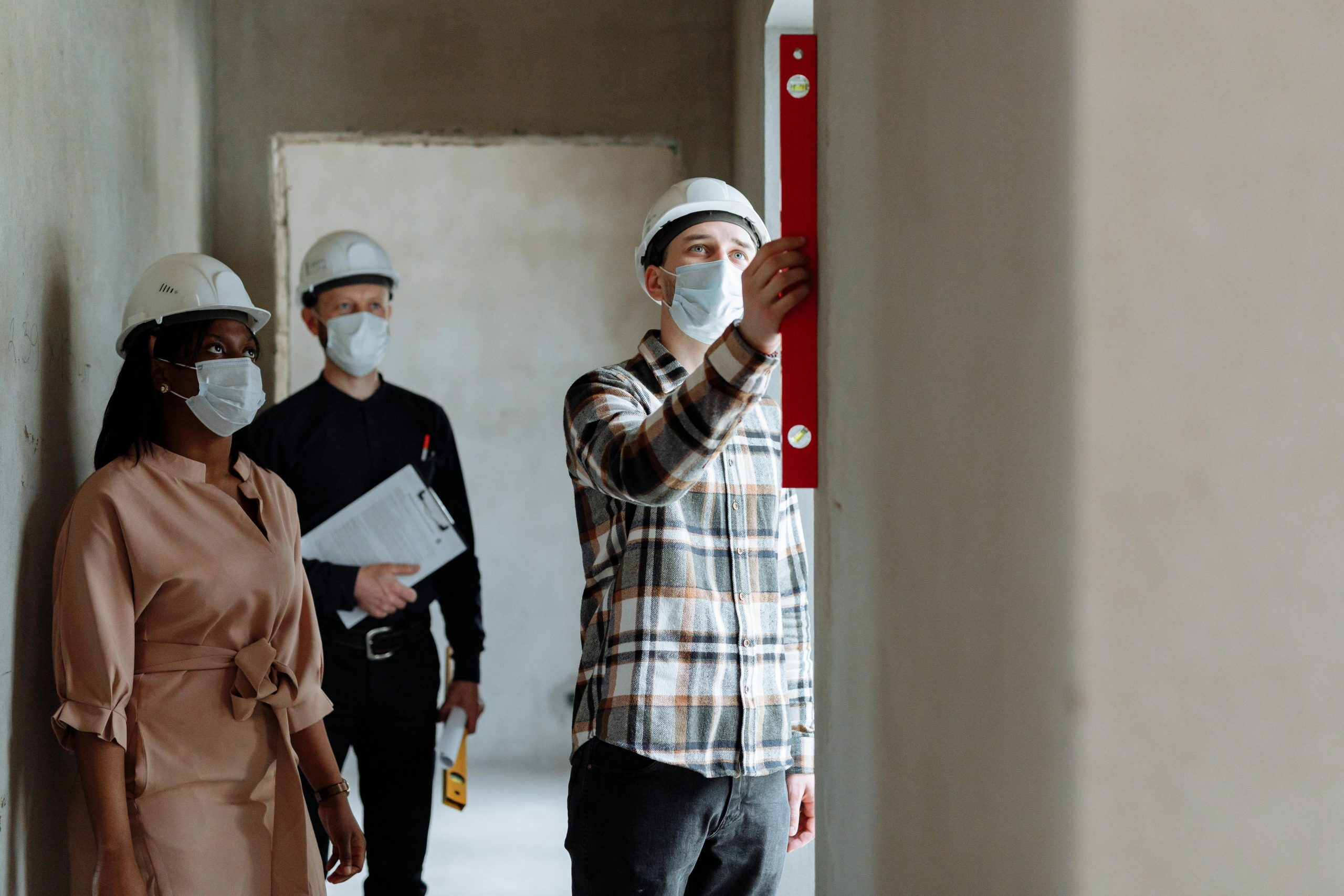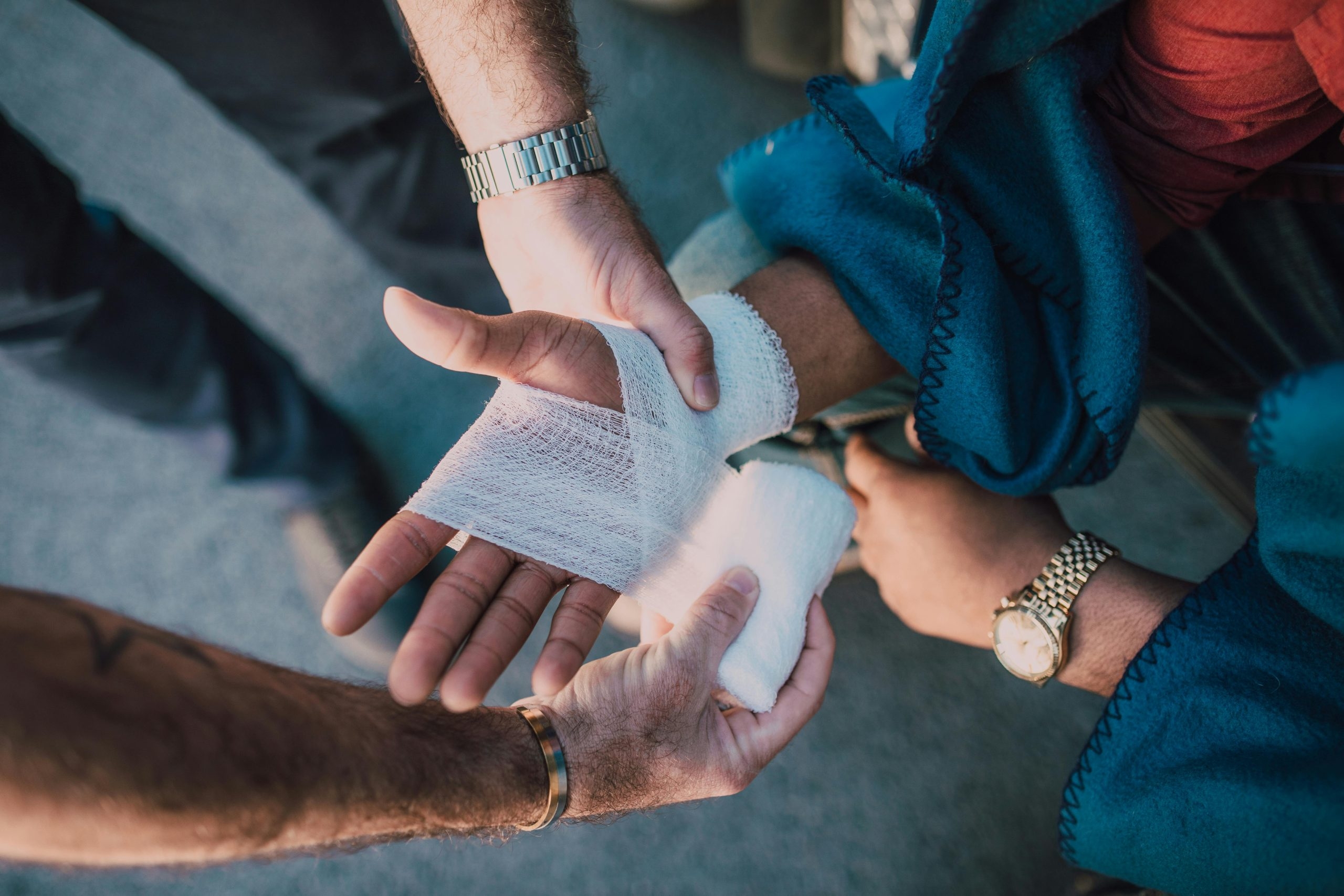
With the Agricutural Sector having one of the highest worker fatality rates of any sector in the UK, we review the key topic of children and public safety on farms. This article will be useful not only to farmers, but to organisers such as schools planning educational visits to farms.
Every year children are killed during agricultural work activities. Also, members of the public can be at risk when using public rights of way. Recently whilst playing in a farmyard a 3-year-old boy was crushed when a gate fell on him. The gate was propped up against a wall waiting for work to be done on it when the boy climbed onto the gate.
Children and Public Safety on Farms | What are the Risks?
- Children operating farm machinery. Children on occasions operate farm machinery, however, legally, children under the age of 13 years are not permitted to drive or ride on tractors and other self-propelled machines in agriculture; and
- Carrying passengers on farm machinery. It is not only unsafe to carry children in the cab of an agricultural vehicle, but also illegal.
What children can do.
- Fall from the doorway or the rear window.
- Interfere with the operator's control of the vehicle.
- Distract the operator or unintentionally operate controls, e.g., the parking brake or hydraulics, when the operator leaves the cab, e.g., to open a gate.
Children and Public Safety on Farms | Farm Visits
It is common for farms to have farm visits, e.g., educational, open days or ‘pick your own’ fruit or vegetables events for members of the public. During these types of events, if farms carry children (or adults) on trailers then the farm must ensure:
- Trailers are in good condition, well maintained and all safety devices are working efficiently.
- Suitable seating is provided and it is secured to the trailer.
- Guard rails are fitted around the trailers.
- Safe mounting and dismounting arrangements are in place; and children are suitably supervised by a responsible adult at all times.
Unauthorised Access to Farm Machinery
There may be occasions or circumstances when farm machinery is left in areas accessed by the general public, this could mean possible unauthorised use by children and adults alike, in which case the machinery must be secured in the safest position possible. For example:
- Ignition keys must be removed.
- Cabs must be locked.
- Controls left in neutral.
- Fore-loaders lowered to the ground; and
- Parking brakes applied.
It is not always farmers and farm workers that are involved in incidents that results in children being injured.
Contractors on Farms
Often farms will contract work out to contract workers and service providers etc., it is important therefore farms ensure contractors and visiting drivers have clear and defined instructions and information on where to park safely, load and unloading and where to wait. This can be particularly important if there are public access routes across farmyards and if a delivery area is adjacent to a farmhouse.
Risks from Farm Animals
Animals do not need to attack a child to pose a danger.
- A playful cow, sheep or pig can kill or seriously injure not just a child but adults too.
- Veterinary medicines and application equipment can cause ill health; and diseases can be passed from animals to humans.
Checks should be made to ensure that children or other members of the public:
- Cannot enter any yard or pen occupied by dangerous animals.
- Do not have access to or use any type of chemical or veterinary medicines and products.
- Do not look after animals or poultry without suitable supervision.
NOTE: You have to bear in mind when visiting or passing through farmland, that female animals especially those with young can be much more protective and can be more aggressive and can kill or injure people including children simply by being protective of their young.
Farms are not Playgrounds
Children are of course naturally curious and see farms, farmyards, equipment and buildings as playgrounds, this often means the can get into places we would normally assume are inaccessible. For example:
- Gates and wheels: Children are often tempted to climb on gates and wheels. Farmers generally will take steps to ensure gates are properly erected and will not topple, however as adults accompanying or supervising children on farm visits should be aware of these hazards. Farmers will also generally store tractor wheels or gates etc. flat or will secure them firmly in an upright position when not in use.
- Stacks of hay and straw: These too can attract children who may see them as ideal ways of making little dens and playhouses but they can collapse or even catch fire causing serious injury or killing those who are under them or on top of them.
To prevent such incidents, farmers will normally:
- Store ladders safely where children cannot get them.
- Make checks to ensure children are not burrowing under stacks; and
- Keep matches and other sources of ignition in a safe place.
- Grain Bins: These are also an inviting place for children to play in, however if the grain begins to flow out a child can be drawn into the grain and effectively drown.
- Step should be taken to ensure children cannot get into bins in the first place and check children are not in the store before starting machinery.
Children and Public Safety on Farms | Visitors
There is an increase in the number of farms diversifying and opening to visitors. Those farms that open regularly are encouraged to consider permanent arrangements and an accreditation course e.g., the Countryside Educational Visits Accreditation Scheme (CEVAS).
Organised tours such as school visits should have their own health and safety arrangements. Farmers normally make organisers aware of their farms health and safety rules and any prohibited areas. Remember; When a child is allowed to enter a farm workplace, they will need direct supervision.
The Right to Roam
Where there is a ‘right to roam’ i.e., a right of way route through a farmyard, farmers will clearly mark a safe route of access or make people aware of the risks in some other way.
Right to roam and general access information is generally dealt with by countryside agencies in Scotland, England and Wales.
Trespass Legislation
Trespass Law in the UK is enforced by the Police and not the Health and Safety Executive (HSE). Farmers are encouraged to establish dialogue with Community Police Officers for advice.
If farmers are aware of children and young people trespassing, they are advised to consider how to minimise any potential risks and how to prevent access without creating additional risks. An example of a control: access control may include suitable, robust and well-maintained fences and warning signs, watch out for children trespassing and instruct them to leave.
Employing Young People on Farms
The Management of Health and Safety at Work Regulations require employers to:
- Assess the risk to the health and safety of young people and to implement control measures to prevent injuries and ill health. Employers must bear in mind young workers probably lack experience, have a low perception and awareness of risk and are less mature physically and mentally, these factors therefore must be considered as part of the risk assessment process.
- Ensure young workers are properly supervised, informed of risks and suitably instructed and trained on control measures and procedures.
- Inform young workers on restrictions that apply to them on what they cannot do.
- Ensure young workers are not exposed to additional risk.
- Prior to employing a child of compulsory school age (in most circumstances under the age of 16 years), employers must inform parents of the risks and how they will be controlled.
Get specific advice and support relating to children and public safety on farms, speak to our team of expert Health and Safety Consultants today.






